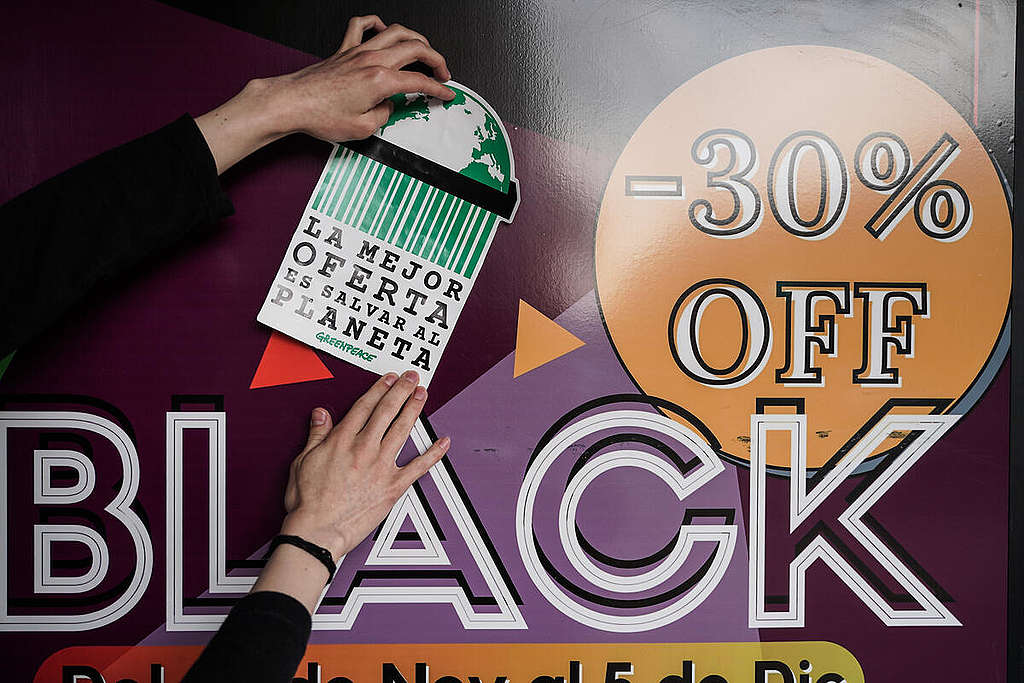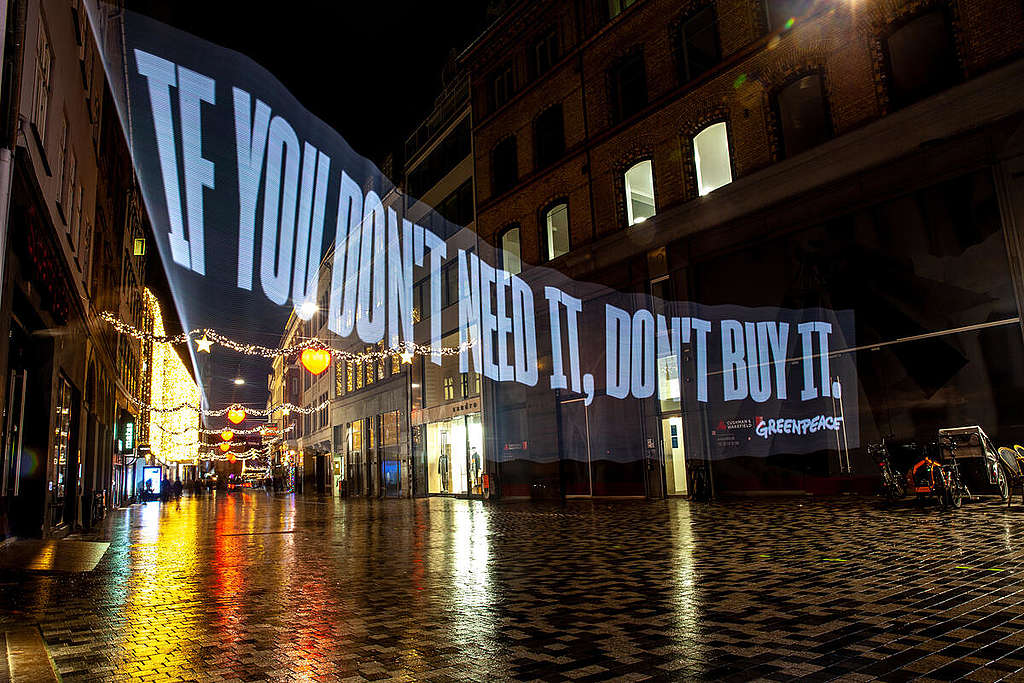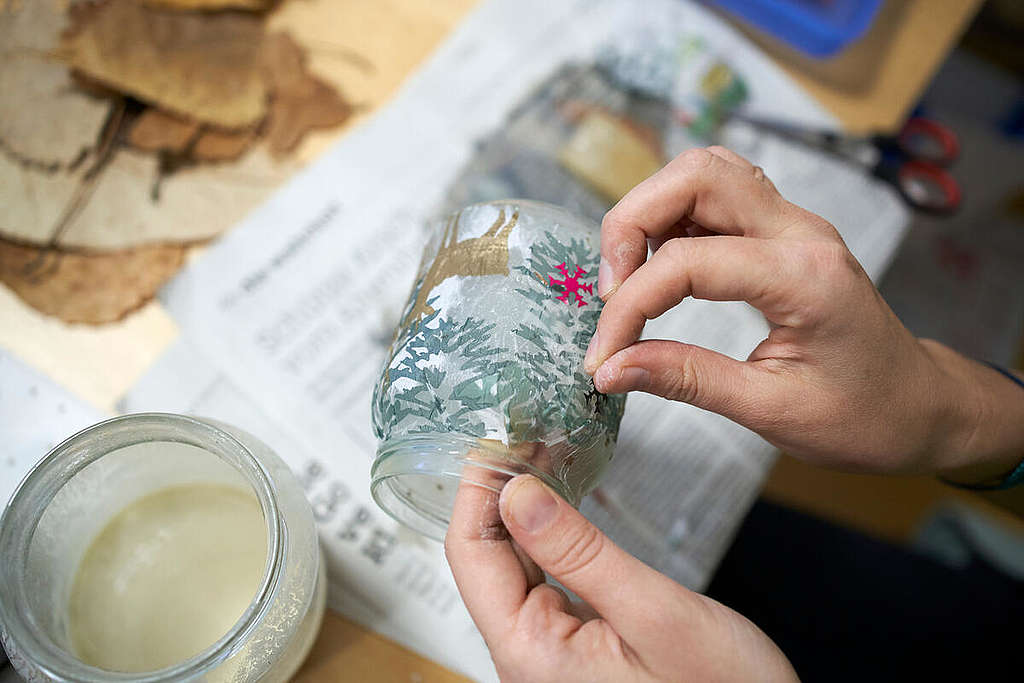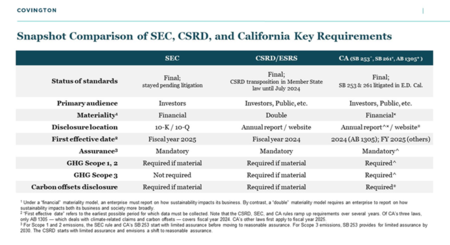The end of the year is near: a change in seasons and celebrations of traditional holidays around the world. For many, that means an increase in consumption habits. Big brands sit back and wait for consumers to think they are making a smart decision just because the price is low, forgetting that the lower the discount, the lower price put on the planet.

Black Friday, Singles Day and Cyber Monday represent peak consumption in the consumerist societies we live in. A system that particularly powers up in cities: as of today, 55% of the world’s population lives in urban areas, and this number is expected to increase to almost 70% by 2050 and consumption in cities (directly and indirectly) causes 70% of all global greenhouse gas emissions.
But not just average consumers get carried away, governments themselves also promote the idea that consumerism is a solution to the COVID-19 economic crisis. The past year accelerated the e-commerce trend. Globally, retail websites generated nearly 22 billion visits in June 2020, up from 16 billion global visits in January 2020.
Consuming less and better needs to be at the heart of consumption reframing. The GHG emissions in the world’s largest cities alone generate as much as 60% higher emissions than previously estimated when also accounting for the impact of trade in goods and services between cities and the rest of the world. As cities continue to grow, so will these numbers. This means that cities and their citizens must be at the forefront of efforts to tackle the climate emergency and economic crisis that the world is experiencing and to achieve that, a change must be made in our consumption habits.
Before buying, analyse your purchase. Rapid shipments, excessive packaging, and polluting transport make the e-commerce sector a high-carbon emitter. Producing and manufacturing goods and services and their distribution requires the extraction of natural resources and releases greenhouse gases in the atmosphere. When products reach shops, they already account for a large environmental and carbon footprint, which we could help address by consuming less and better.

We need to reset overall consumption habits, to buy less and buy better. Cities can also work to reduce how much collectively is consumed; promoting reuse and sharing, repairing and swapping. Recycling should be the last step in the long life of a product, slowing the pressure on raw materials and decreasing waste.
We must also hold city leaders accountable. The world now more than ever needs a bold vision that is backed by action. For example, banning commercial advertising like some cities have already done, is a good lever to reduce consumption. Introducing tools and spaces for citizens, such as repair cafes, would encourage citizens to reduce and reuse before buying something new. The big names in e-commerce must also do their part to promote local products, direct consumption and eco production. This means sustainable distribution and zero waste or reusable packaging.

This season, let’s all do our best to be agents of change, carefully select the products we use, verify which ones have the least environmental impact and extend the life of our products, in short, create responsible consumption.
Celia Ojeda Martínez is a program manager with Greenpeace Spain and leads the Cities project.








